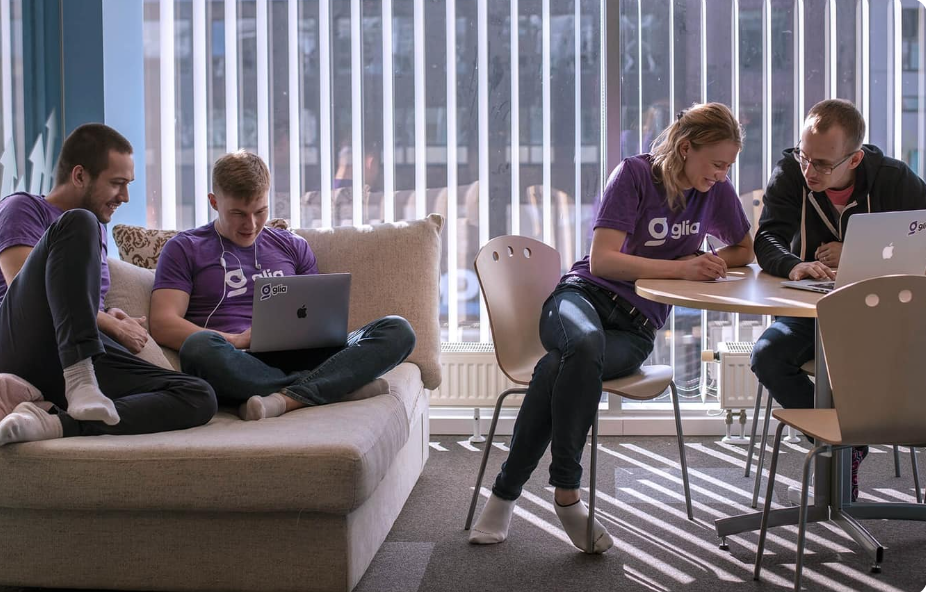
- Envestnet acquired revenue management and hosted fee-billing solutions company Redi2 Technologies.
- Envestnet will use the buy to modernize its billing, accounting, and back office capabilities.
- Terms of the deal were not disclosed.
Financial wellness technology firm Envestnet announced its 16th acquisition today. The Chicago-based company announced it has purchased revenue management and hosted fee-billing solutions company Redi2 Technologies. Terms of the deal were not disclosed.
Founded in 2002 and headquartered in Massachusetts, Redi2 offers a revenue management platform tailored to financial services companies. The tool offers fee calculation, invoice creation, payouts and accounting, and billing compliance. Among Redi2’s products are Revenue Manager, which provides client revenue accounting and billing services for asset managers; Wealth Manager, which delivers multi-party billing and payouts for broker-dealers and asset managers; and BillFin, which offers advisory billing and invoicing for financial advisors.
Envestnet will use Redi2’s technology to modernize its billing, accounting, and back office capabilities. The company anticipates the additional expertise will drive client engagement and ultimately boost revenue.
“Redi2 is a pioneer and innovator in the cloud-based delivery of wealth and investment management billing software, making them an ideal partner as we continue to strengthen our financial wellness ecosystem,” said Envestnet Executive Vice President of Business Lines Tom Sipp. “This acquisition enhances our strategic enablement of service and data, and over the next two years will create operating leverage by bringing Envestnet and Redi2’s administrative, revenue, and billing services together.”
Envestnet was founded in 1999. The company’s most noteworthy acquisition was its purchase of Yodlee in 2015. The Yodlee acquisition broadened Envestnet’s wealthtech offerings, launching it into the world of open finance. Envestnet is a publicly-traded company on the New York Stock Exchange under the ticker ENV and has a market capitalization of $4.66 billion.












